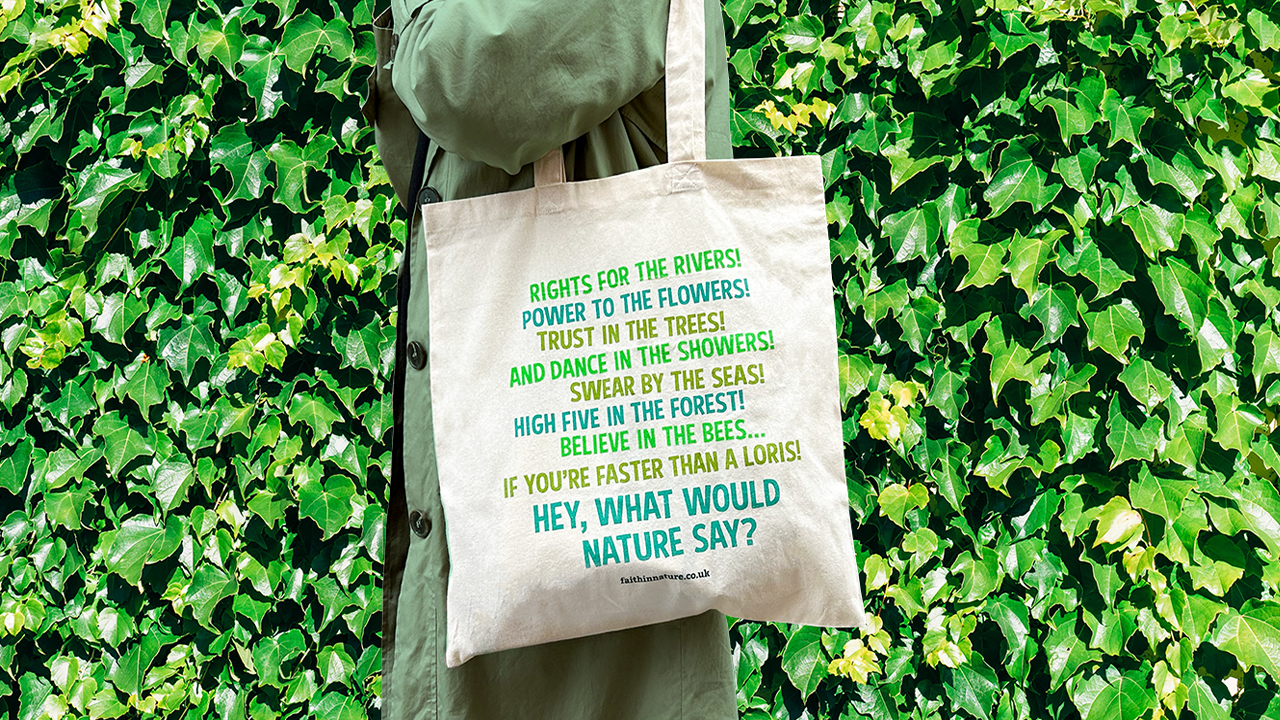
22, October 2024
5 Ways to Reduce Your Carbon Footprint
Reducing your carbon footprint can feel like an overwhelming task. But by starting small, with everyday, sustainable swaps, you really can make a difference.
What Is a Carbon Footprint?
If you’re not quite sure what a carbon footprint is, or you need a quick refresher, here goes…
A carbon footprint is the total number of greenhouse gases produced, either directly or indirectly, by a product, person, activity, company or other organisation. For the purposes of this blog, we’re looking at your impact as an individual or household. Cutting down your greenhouse gas emissions is good for the planet because it helps to reduce global warming and the effects of climate change. You can work out your carbon footprint here – and keep reading to discover some small, simple changes that you can make to shrink it...
Eat Less Meat

Going vegan is one of the most effective ways to reduce your carbon footprint. Comprehensive analysis conducted in 2023 found that compared to a diet including 100g of meat per day, a vegan diet resulted in 75% less climate-heating emissions, land use and water pollution, AND that it reduced water use by 54% and the destruction of wildlife by 66%. You can read more about this in our blog: How Does Going Vegan Help the Planet?. But what if you're not ready to completely eliminate meat and other animal products from your diet? You can still make a positive impact by cutting down on your meat intake. According to the Meat-Free Monday campaign, missing out meat for just one day a week can lessen your carbon footprint by as much as a car-owner not using their vehicle for an entire month!
Choose Metal

Consider the packaging you buy products in. We’re proud that our 400ml bottles have been made of 100% recycled and recyclable plastic since 1999. But we’re going all out to get all out of plastic, which is why we introduced 500ml aluminium bottles to our range earlier this year. These shiny new bottles are made of 100% recycled and infinitely recyclable, food grade aluminium. Yes, they can be recycled forever and ever, but you can also refill and reuse them, again and again. In fact, refilling your aluminium bottle just once instantly reduces its carbon footprint to less than that of one of our recycled plastic bottles. Which leads us neatly on to the next bit…
Begin a Refill Ritual

Refill shops have become more commonplace on high streets in recent years – and with good reason. Stocking up on dried food, cleaning liquids and bathroom products in this way massively reduces household waste, particularly plastic packaging. Next time you need to go shopping, grab some refillable bottles and containers and head to your nearest refill store for a more sustainable shop. There’s something quite satisfying about pumping shampoo, and pouring pasta into your own reusable vessels. Can’t get enough of that refill feeling? Set up your very own home refill station at home.
Make Reusables Your Everyday Essentials

If it's reusable or refillable, treat it as an essential – up there with your keys, phone and wallet. We're talking refillable water bottles (download the Refill app and discover over 330,000 free water refill points, all over the world), tote bags, metal straws and cutlery. Save on unnecessary packaging by always having these vital items with you when you're on the move. Once you get into the habit of carrying them with you all the time, you’ll wonder how you managed before!
Swap to Solids

Send packaging waste packing when you switch from liquid products to plastic-free solids. This survey, conducted in 2021, found that UK bathrooms were harbouring 152 tonnes of empty plastic bottles. Tidy up your bathroom – and the planet – by swapping to solids. Replace body wash and hand wash with soap bars, and liquid haircare with shampoo bars and conditioner bars. Our zero-waste bars are all packaged in 100% recycled and recyclable cardboard packaging. And you can save on even more waste by bulk-buying our soap in unwrapped packs of 18. Solid products are better for the planet because not only do they reduce plastic waste, they require less water to make than their liquid counterparts, and weigh less, meaning they’re more efficient to ship.
Read our blogs about shampoo bars here:
Why Use a Plastic Free Shampoo Bar?
Which Shampoo Bar is Right for Me?
How to Use Shampoo Bars and Where to Store Them
Switching to Shampoo Bars (and What to Expect)

